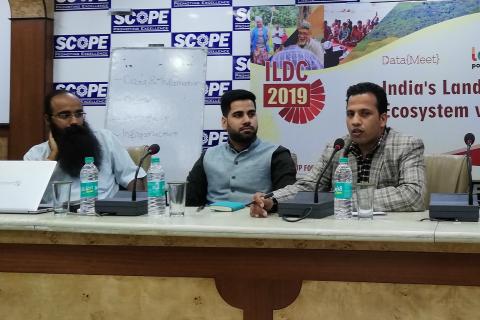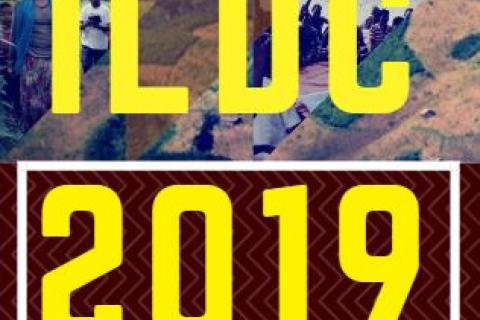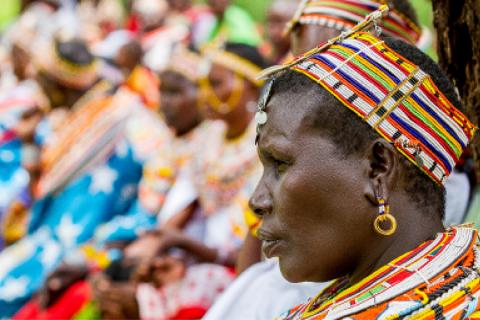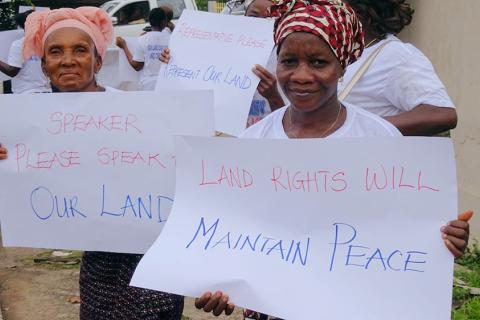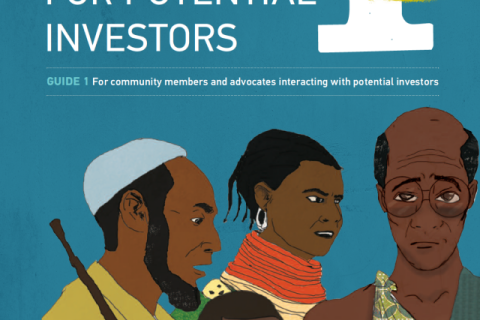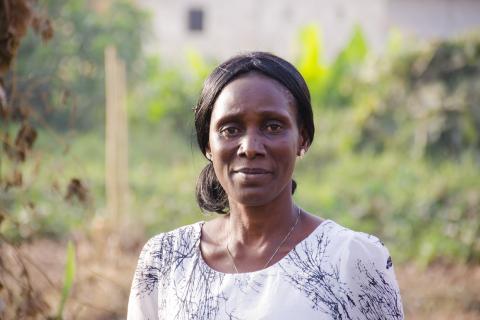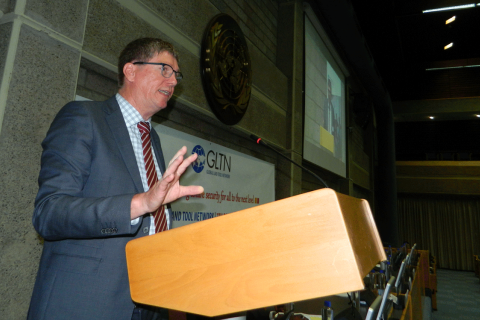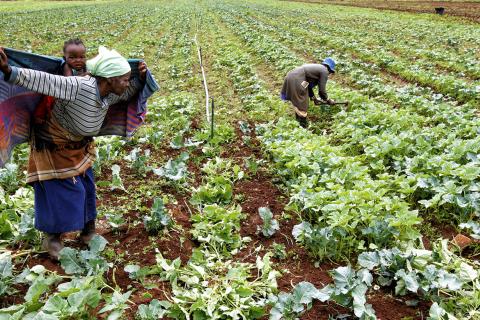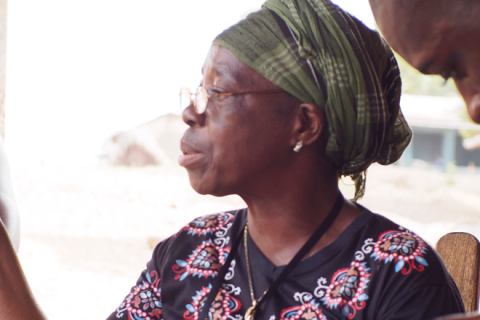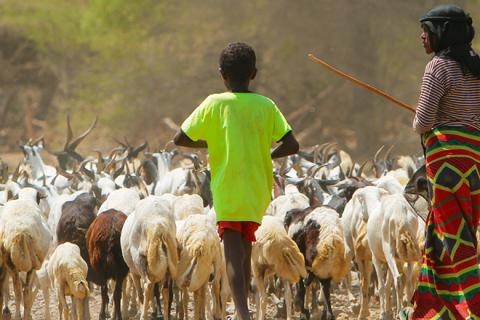Five ways to improve the Land Information Ecosystem in India
The data ecosystem is an extremely vast and cluttered space. What data exist? What data is up to date? What data is reliable? Who owns the data? Can I use the data without inflicting harm? Who are the data subjects? Many people across numerous sectors struggle with such questions and more on a daily basis. The land governance sector in India is no different. But somehow, it seems the land data ecosystem in India is more complex and controversial.

